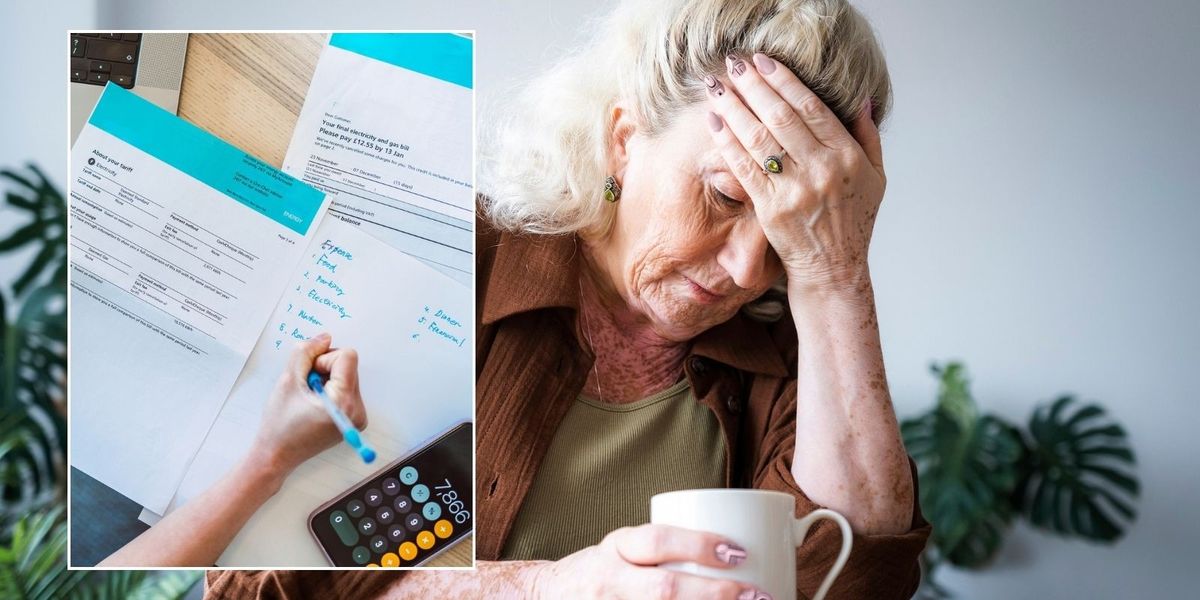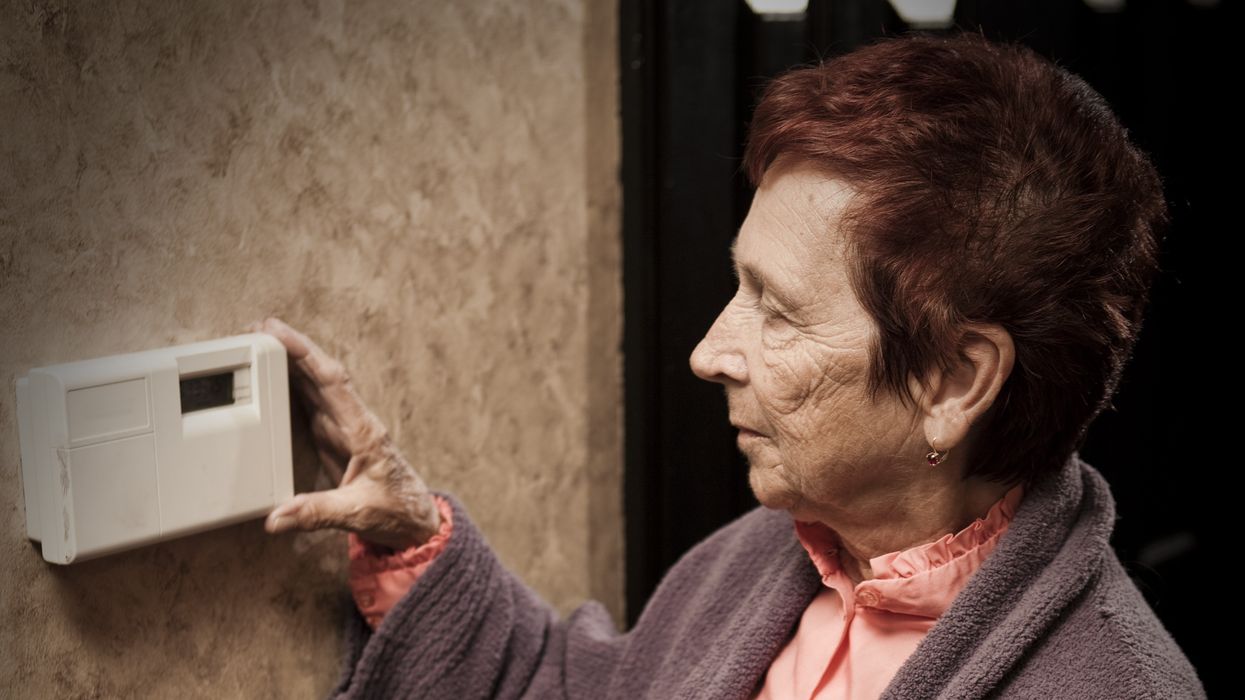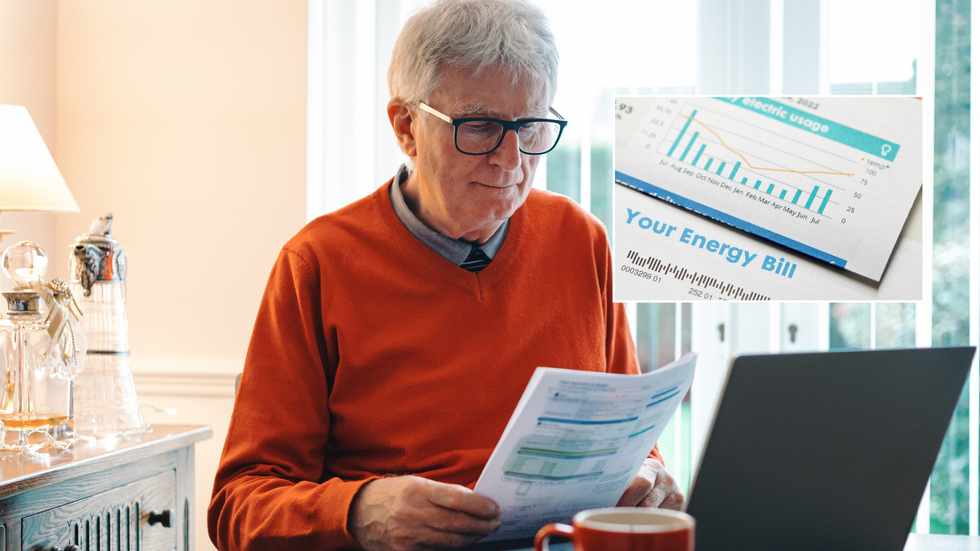



Older Britons are being reminded to "strategically plan" or face missing out on up to £300 in energy bill support. Nine million pensioners across England and Wales will receive the Winter Fuel Payment this year following a Government U-turn on eligibility rules.
The energy bill benefit, worth £200 per household or £300 where someone is aged over 80, will now go to those with taxable income below £35,000.
The Treasury confirmed the changes last month, expanding access beyond the previous restriction to Pension Credit recipients. However, approximately two million pensioners with incomes exceeding the threshold will miss out.
Those earning above £35,000 will initially receive the payment but must repay it through HMRC, with further details expected later this month. The new rules mark a significant shift from last year's means-testing approach.

Pensioners are being told "plan" or lose the Winter Fuel Allowance
GETTY
Financial analysts are advising pensioners near the income threshold to explore legitimate strategies to reduce their taxable income.
Andy Wood, an advisor at Tax Natives, explained: "The Government only looks at your taxable income so there are some simple things you can do to reduce this, which means you can qualify for the Winter Fuel Allowance as well as save tax.
"The £35,000 limit applies to taxable income rather than total income, creating opportunities for strategic financial planning. Those with exactly £35,000 in taxable income will still qualify for the payment."
For couples where one partner exceeds the threshold, both will receive the payment, but the higher earner must repay their portion. This affects households where income distribution could be adjusted to maximise eligibility.
 The Government has committed to more energy bill support GETTY
The Government has committed to more energy bill support GETTY
One of the most effective strategies involves moving savings and investments into ISAs. Wood comments: "Many pensioners may not realise that interest earned on savings held outside of ISAs count towards their total taxable income.
"With interest rates still relatively high, even modest savings can generate income that pushes someone over the threshold."
For instance, £20,000 in a standard savings account earning 4.5 per cent generates £900 annually. While this falls within the personal savings allowance, it still counts towards the £35,000 limit.
ISA interest and investment gains remain completely outside taxable income calculations. With a £20,000 annual ISA allowance available, pensioners can shield significant savings from affecting their eligibility.
Premium Bonds offer another option for those who've exhausted their ISA allowance, as any prizes won are tax-free and excluded from income calculations.
Pension planning offers several routes to managing taxable income. Taking the 25 per cent tax-free cash from workplace or personal pensions provides income that doesn't count towards the threshold, though any additional withdrawals remain taxable.
 Protests against Winter Fuel PaymentsPA
Protests against Winter Fuel PaymentsPA
Wood suggests combining pension and ISA income strategically: "For example, if you had previously been taking £30,000 from your pensions each year, and also receive £10,000 from the state pension, that works out as £40,000 taxable income."
By reducing pension withdrawals to £25,000 and supplementing with £5,000 from ISA withdrawals, the same £40,000 total income would contain only £35,000 taxable.
Those considering state pension deferral should weigh carefully. Wood notes: "You also have to weigh up whether it's worth losing out on a year's worth of state pension now in order to claim the Winter Fuel Allowance plus a higher state pension later."
Transferring income-generating assets between spouses can help households where one partner exceeds the threshold. Moving £5,000 of income from a higher earner to a lower-earning spouse could ensure both retain their Winter Fuel Payment.
Charitable giving through Gift Aid provides another avenue. Wood explains: "If you donate through Gift Aid, this means you can deduct the value of the donation, plus the basic rate of tax, which is currently 20 per cent, from your taxable income."
